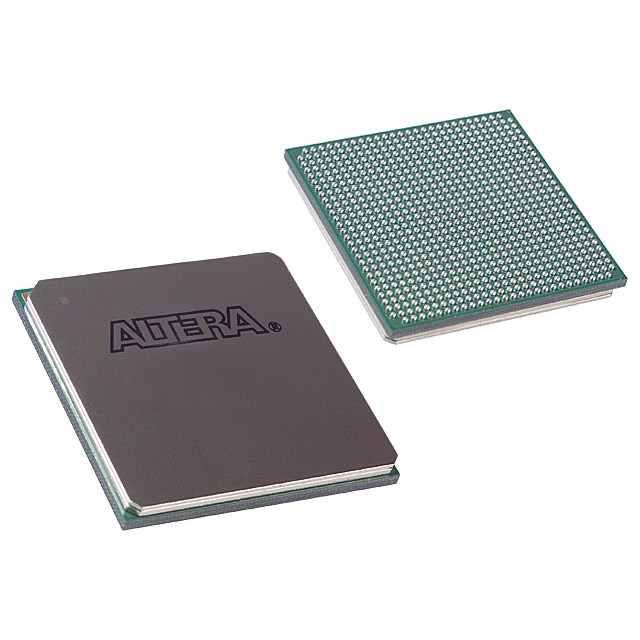

Intel
EP1S30F780C8
FPGAs




.png?x-oss-process=image/format,webp/resize,p_30)


EP1S30F780C8 Description
Intel's EP1S30F780C8 is a high-performance, versatile field-programmable gate array (FPGA) that offers a range of features and applications for various industries. Here's a description of the model, its features, and potential applications:
Description:
The EP1S30F780C8 is a member of Intel's Cyclone V family of FPGAs, designed to provide a balance between power efficiency, performance, and cost. This device is built on a 28-nm low-power process technology and features a high-density architecture, making it suitable for a wide range of applications.
Features:
- Performance: The EP1S30F780C8 offers high performance with its 780 K-logic elements and 1,024 digital signal processing (DSP) blocks, allowing for complex computations and data processing.
- Memory: The FPGA comes with 1,536 Kbytes of on-chip memory, which can be used for storing data and implementing various memory-intensive applications.
- I/O: The device provides 1,152 I/O pins, enabling seamless integration with various peripherals and interfaces.
- Transceivers: The EP1S30F780C8 includes 8 high-speed transceivers, supporting data rates up to 6.8 Gbps, making it suitable for high-speed communication applications.
- Power Efficiency: Built on a 28-nm low-power process technology, the FPGA offers a balance between performance and power consumption, making it ideal for energy-sensitive applications.
- Security: The device features advanced security features, such as AES encryption and secure boot, ensuring data protection and system integrity.
- Programmability: As a field-programmable gate array, the EP1S30F780C8 can be customized and reprogrammed according to specific application requirements.
Applications:
- Communications: The high-speed transceivers and I/O capabilities make the EP1S30F780C8 suitable for communication infrastructure, such as routers, switches, and base stations.
- Industrial Automation: The FPGA's performance and flexibility make it an ideal choice for implementing complex control systems and data acquisition systems in industrial automation.
- Video Processing: With its high-density architecture and DSP blocks, the EP1S30F780C8 can be used for video processing applications, such as image and signal processing, compression, and analysis.
- Automotive: The device's robustness and real-time processing capabilities make it suitable for advanced driver assistance systems (ADAS) and other automotive applications.
- Medical Imaging: The FPGA can be used for medical imaging applications, such as image reconstruction, processing, and analysis in computed tomography (CT), magnetic resonance imaging (MRI), and ultrasound systems.
- Security: The advanced security features of the EP1S30F780C8 make it suitable for implementing secure communication systems and encryption/decryption applications.
In summary, Intel's EP1S30F780C8 is a powerful and versatile FPGA that offers a range of features suitable for various applications across different industries. Its high performance, memory capacity, I/O capabilities, and power efficiency make it an attractive choice for designers looking to implement complex and customized solutions.
Tech Specifications
EP1S30F780C8 Documents
Download datasheets and manufacturer documentation for EP1S30F780C8
 780-FBGA Pkg Info Stratix Device Datasheet Stratix Device Handbook
780-FBGA Pkg Info Stratix Device Datasheet Stratix Device Handbook  All Dev Pkg Chg 1/Aug/2018 Mult Dev Dessicant Chg 19/Jul/2019
All Dev Pkg Chg 1/Aug/2018 Mult Dev Dessicant Chg 19/Jul/2019  Virtual JTAG Megafuntion Guide
Virtual JTAG Megafuntion Guide  Mult Device EOL 1/Jun/2017
Mult Device EOL 1/Jun/2017  Mult Series Software Chgs 26/Mar/2020 Package Height 03/March/2008
Mult Series Software Chgs 26/Mar/2020 Package Height 03/March/2008 Shopping Guide


















.png?x-oss-process=image/format,webp/resize,h_32)










